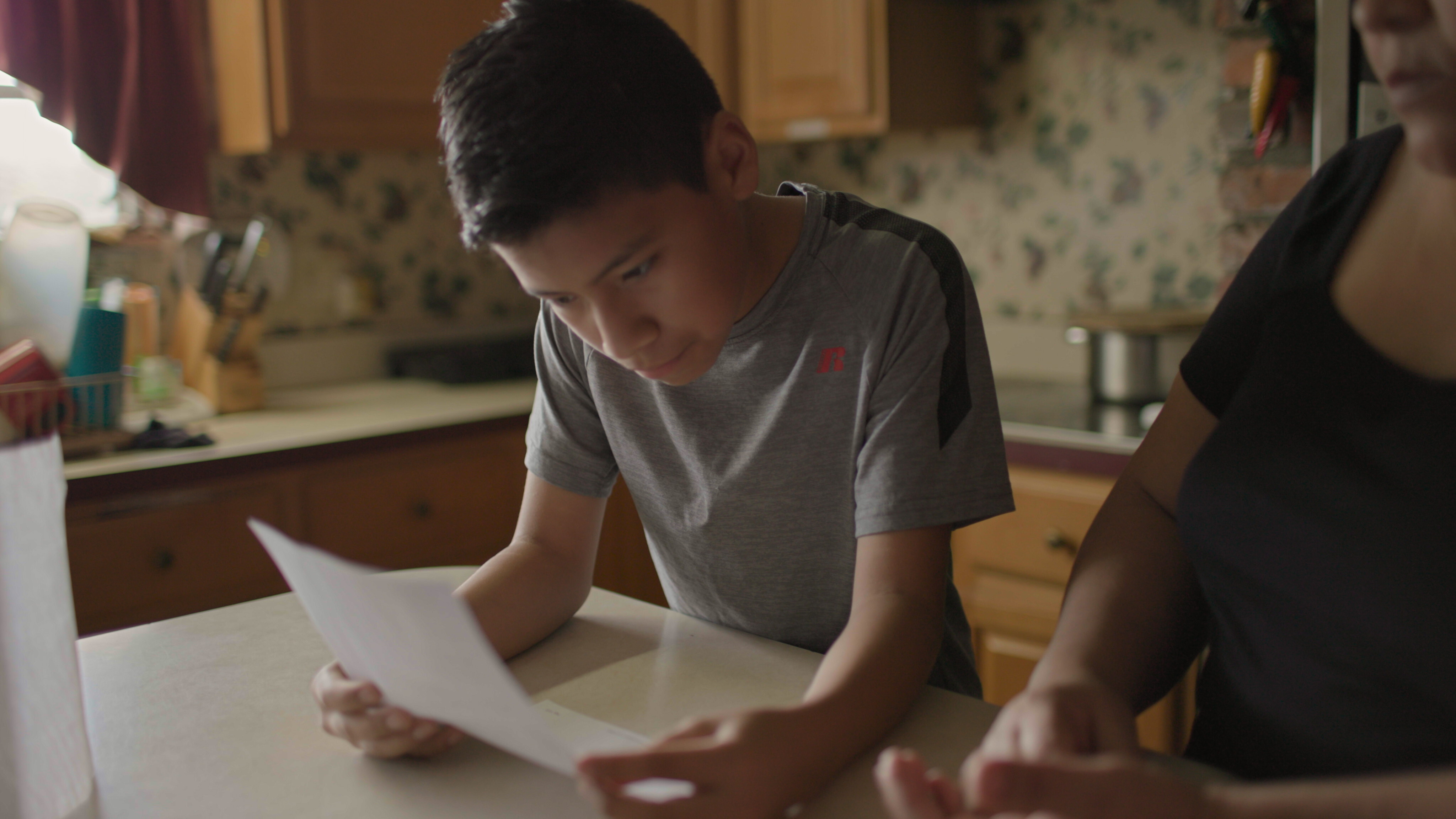
Director Rudy Valdez talks new film Translators and the overlooked experiences of child translators within immigrant families
The two-time Emmy Award winning filmmaker talked with AL DÍA ahead of the film’s June premiere at the L.A. Latino International Film Festival and Tribeca.
Over 11 million children in the U.S. act as translators for their immigrant parents and families in daily and crucial tasks including medical, educational and financial decisions, according to the new documentary Translators, from Emmy Award winning filmmaker Rudy Valdez.
The new documentary-short follows three Latino families — Guatemalan, Venezuelan, and Columbian — all living through different circumstances and offers a real and personal look into the weighty responsibility millions of children across the country hold.
The Mexican American award winning filmmaker is best known for his powerful documentary films that range from social, cultural and political issues.
Past works include HBO’s The Sentence, released in 2018 and HBO Max’s ReOpening Night and Growing Up, created by Brie Larson for Disney+.
Translators, set to premiere at the Los Angeles Latino International Film Festival and the Tribeca Film Festival this June, is a passion project that, similar to his other past works, attempts to bring visibility to underserved communities and highlight their experiences.
The New York-based filmmaker is also premiering another project, Carlos, a feature documentary on Latino rockstar Carlos Santana at Tribeca this June.
In an interview with AL DÍA, Valdez discussed Translators, the process of casting the families, the importance of telling this story, and his upcoming Carlos documentary.
The origins of Translators
Translating as a child was not a facet of life Valdez personally experienced growing up in Lansing, Michigan, where his parents owned a small Mexican grocery store and Mexican restaurant, but he witnessed it first hand around him.
“We were kind of in the hub of this little Mexican coomunity in Lansing. It was a place where Spanish, English and Spanglish were spoken freely,” he told AL DÍA. “It was the kind of place where people would gather from time to time.”
Valdez remembers plenty of moments in which people around his neighborhood would go to his parent’s store to ask one of them for translation favors regarding hospital trips, school meetings, and even court dates.
“And this is when I was young. That was my first taste of what equality means and the barriers that are put in front of certain people who are struggling with language,” he said.
Fast forward to the present, U.S. Bank reached out to Valdez about a huge language barrier they witnessed among their clientele and were in need of solutions.

“They were witnessing it in their communities and they said ‘here's a story’ and it was just a wonderful collaboration,” he said. “There are people who have talked who felt very alone in their experience. Part of the beauty of this film is to see somebody else going through it understanding that it is a lot more common.”
The documentary follows three Latino families living in the U.S., and particularly the three child translators; Harye, Densel, and Virginia.
When it came to trying to cast families for the project, it was a tough sales pitch in the beginning.
“I wish I could say it was easy, but it wasn't. We never want to feel like we're exploiting anybody or forcing anyone to do anything,” Valdez said. “We wanted to find families who were comfortable, and understood the purpose of this.”
The filmmaker and his team met with countless families across the country before they eventually “lucked out” with the three who’d end up in the over 20-minute documentary.
“These families were very honest and vulnerable,” he told AL DÍA. “I've done a lot of filming with kids and with my own personal family. I always like to tell anybody who's potentially going to be in one of my films, look at anything that I've made and you can see why I'm there.”
“We were able to find a really comfortable space and honestly we really lucked out.”
RELATED CONTENT
The director spoke of not looking to enter any project, including his latest effort with any preconceived notions and instead tried to let the story come to him. He also said it was unique because the three featured children were different ages — Harye, 13; Densel, 11; Virginia, 16 — and approached translating in separate ways.
“I try to do this with all my projects. I don't try to find those stories that are one in a million stories of that version, I try to find things that are stories and characters and people who are emblematic of the larger theme that we're telling within,” he said.
“There's also this other element that I wasn't really expecting, but it's also a bonding experience for these families,” he added. “It seemed to really be that they seemed to be like these little teams so it was really wonderful to discover that.”
While the film has yet to premiere to a wide audience, the families got a chance to watch the final product and it was an emotional response.
“My favorite response for whenever I film with anybody, and they're able to watch it is that they felt that we did justice to their story,” he said. “It's exactly how they see themselves and how they want people in the world to see them. And it's sometimes tough to watch yourself in that way. But they also are very happy with the film.”

Translators will be premiering at LALIFF, “extremely important” place to start the film’s festival tour for Valdez.
He’s not new to the festival following a roaring reception at LALIFF in 2018 when he unveiled The Sentence, a documentary following the aftermath of his sister's 15-year sentence for conspiracy charges related to crimes committed by her deceased ex-boyfriend.
“The live audience was one of the most amazing audiences that I'd ever experienced, watching something that I've made,” he said. “When LALIFF was open to us premiering (Translators) there, I thought we need to see more versions of ourselves up there that are positive."
Getting to know the man, Carlos Santana
Valdez will also be premiering another project at Tribeca, Carlos, a feature documentary on the rock star's 50-plus-year career on June 18, with a performance from the man himself after the screening.
“It was surreal to be able to be with him, guiding me through his entire life, the archives, and a lot of these things and recordings that nobody has heard about, or seen,” he said.
“It's a Santana film, but I call it Carlos, because it's really about the man.”
Translators will be available on translatorsfilm.com on June 14.


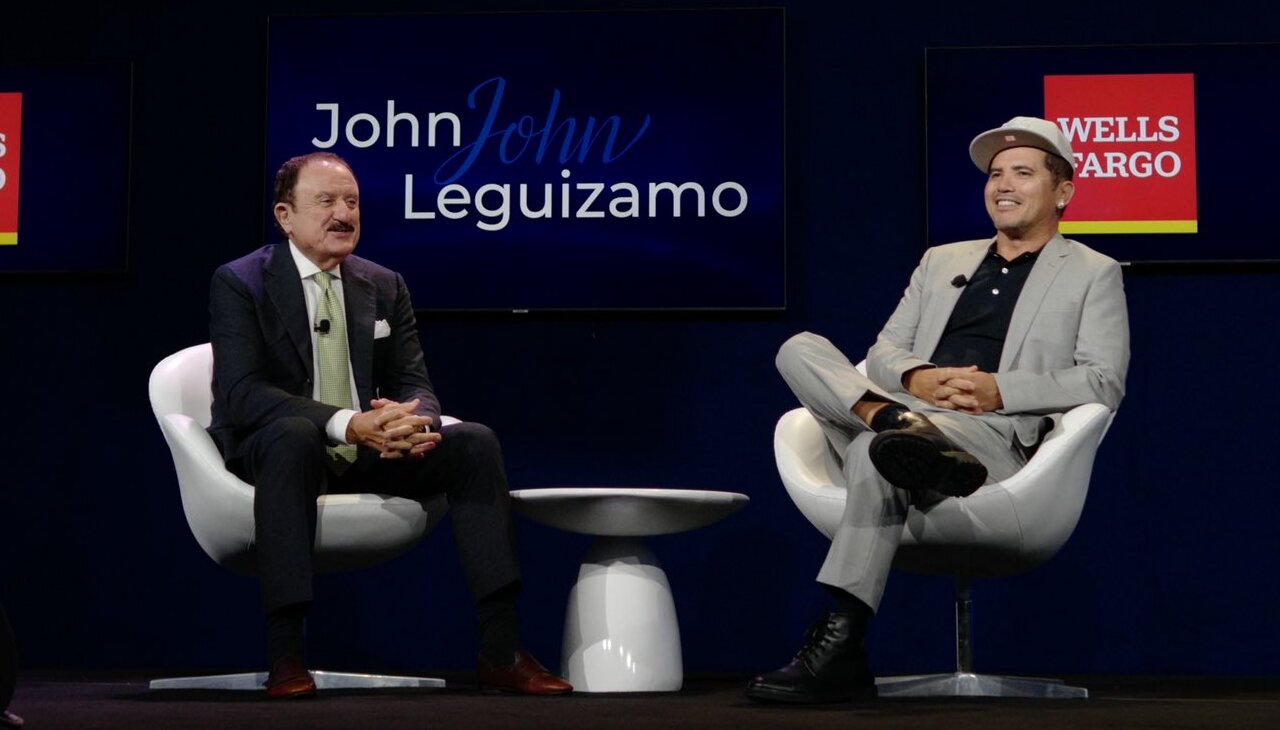
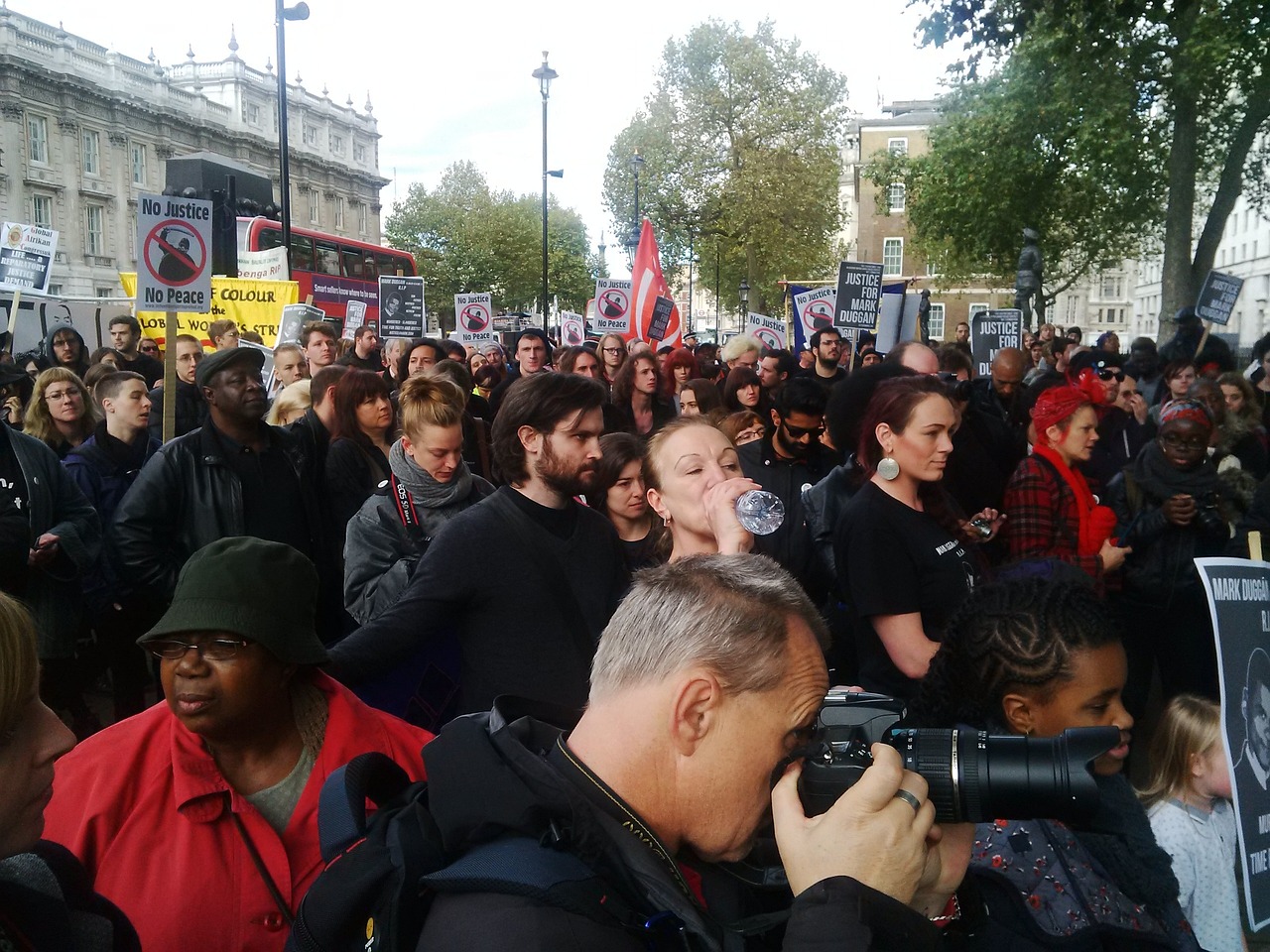
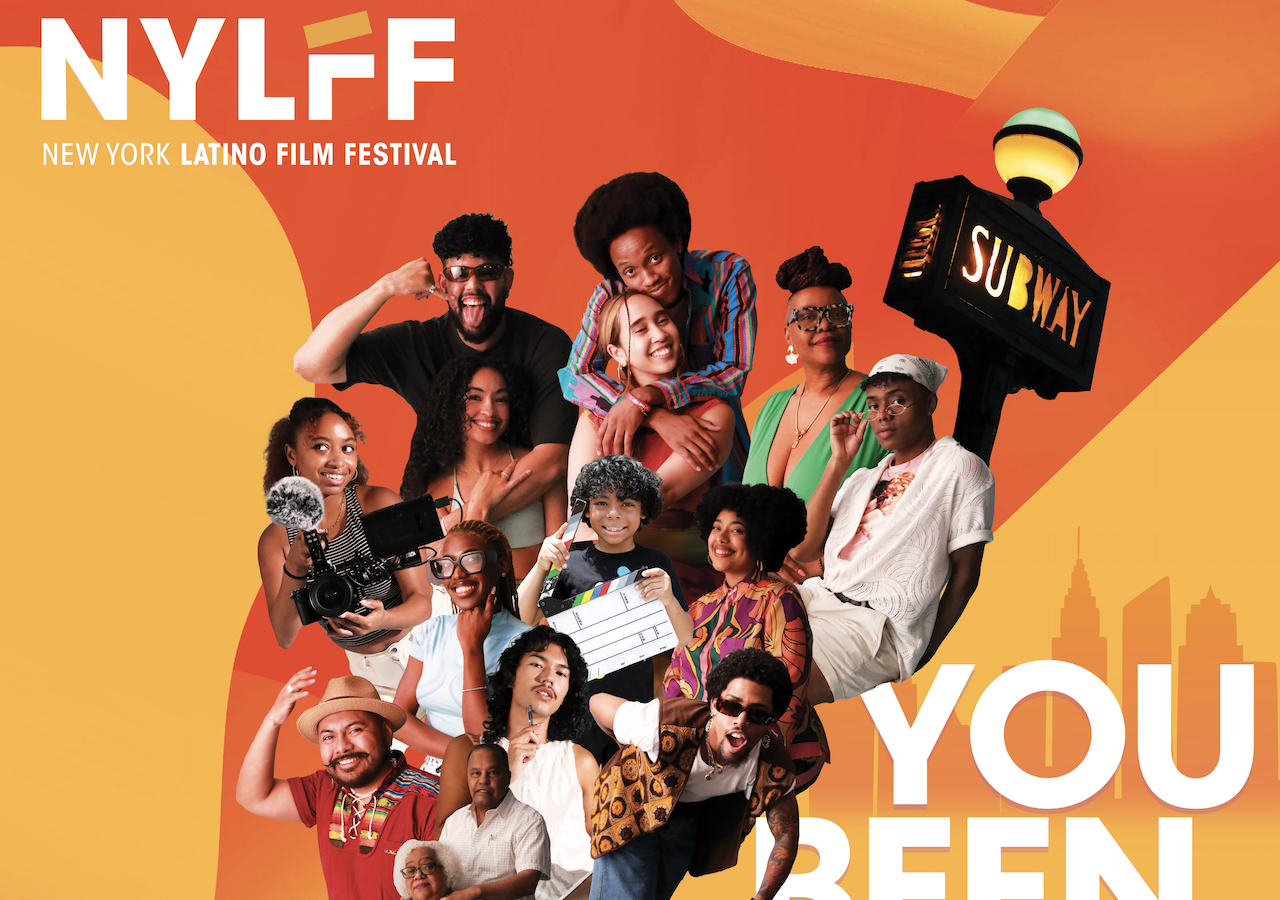
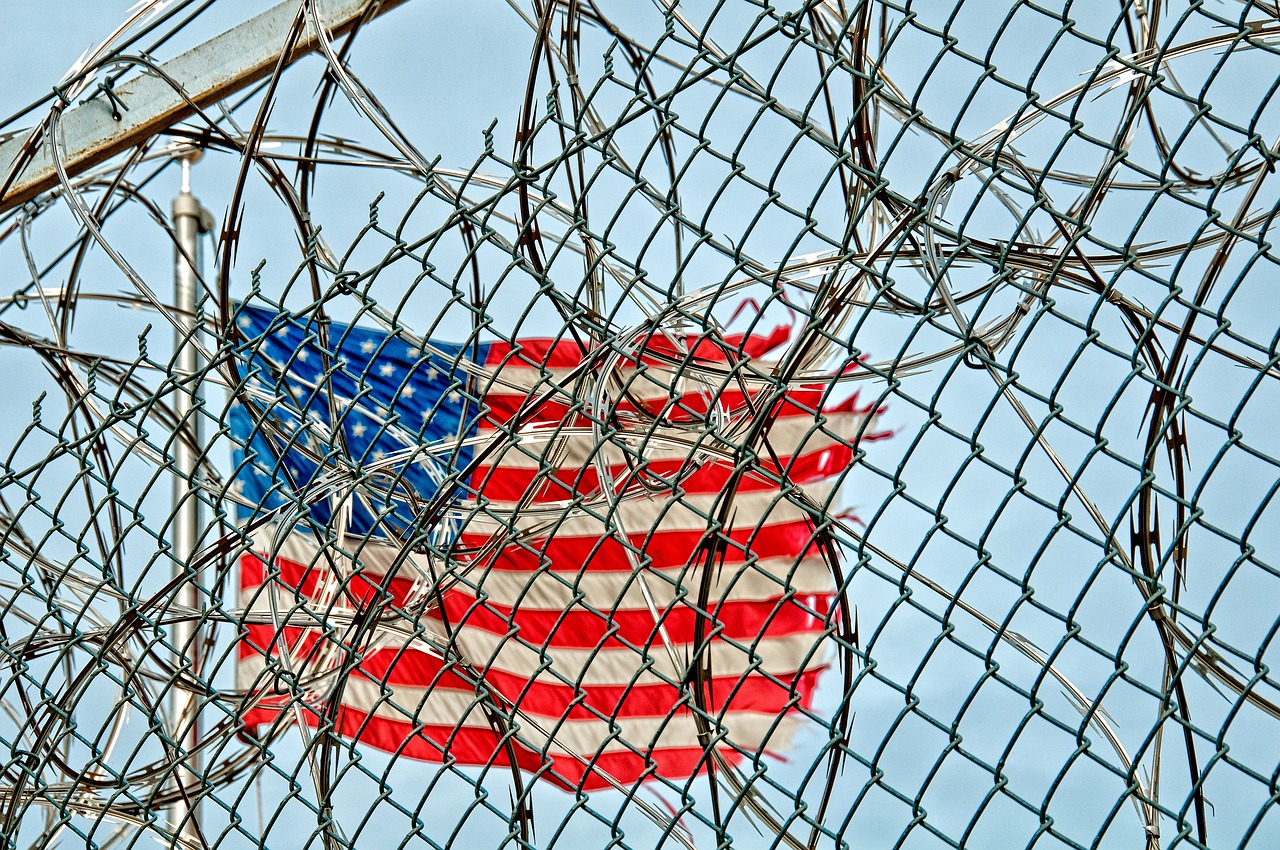

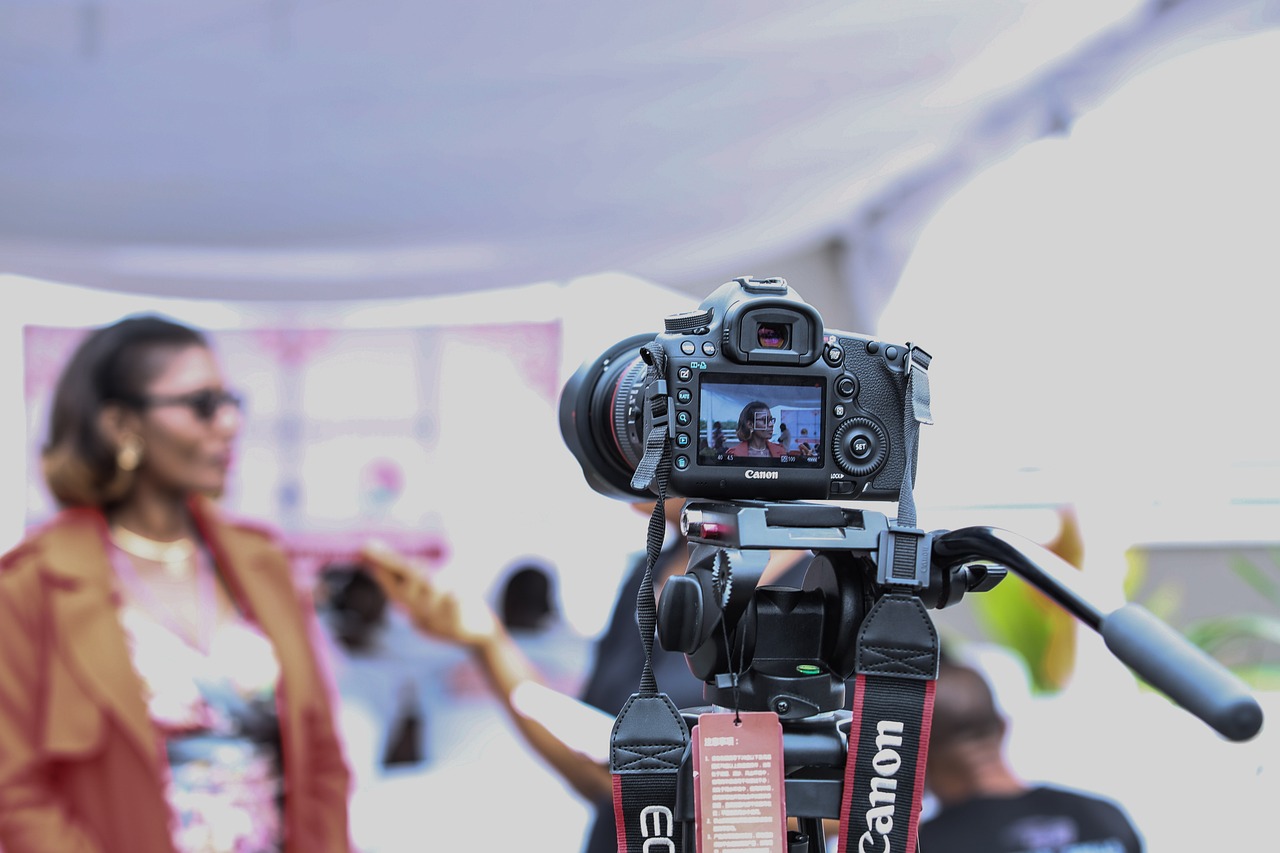
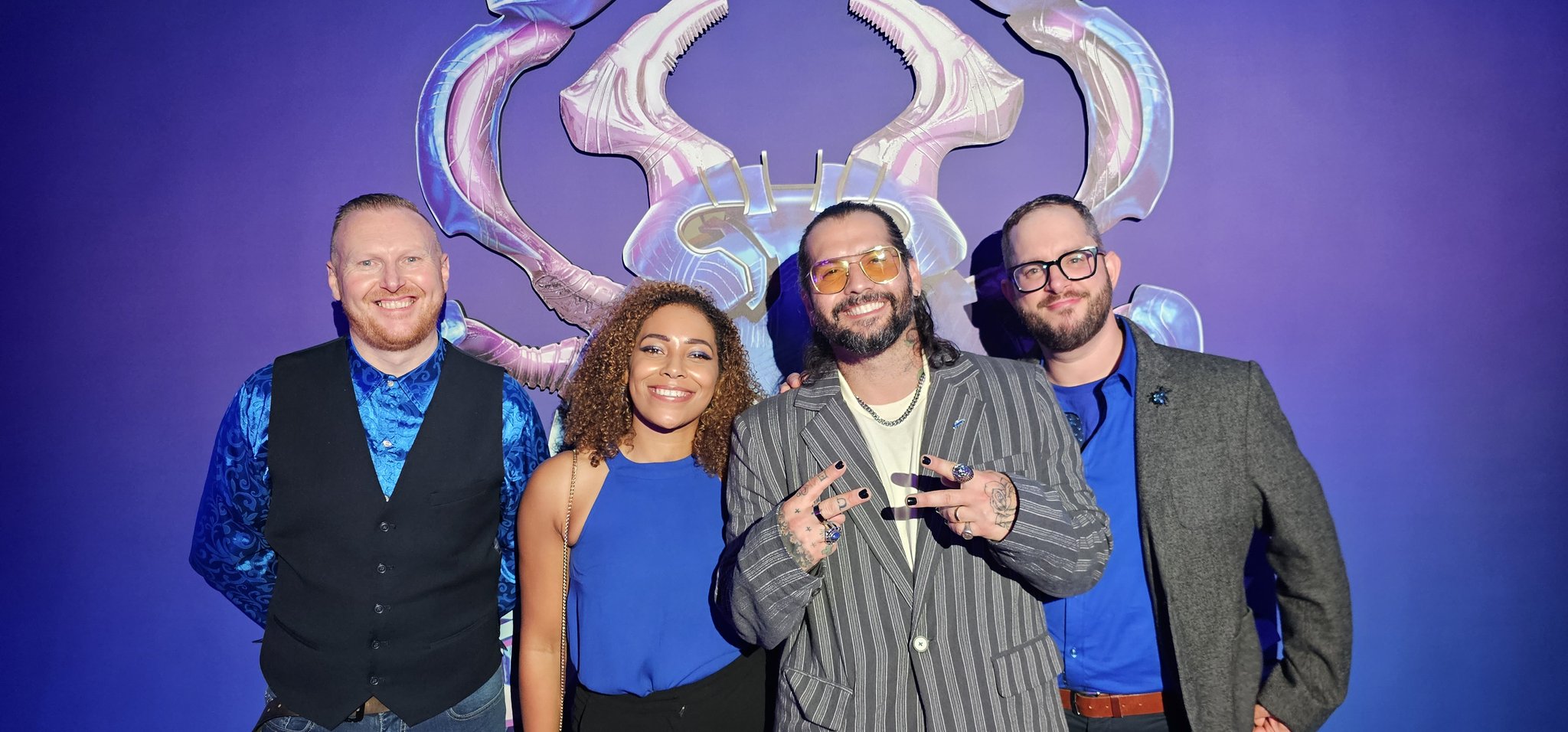
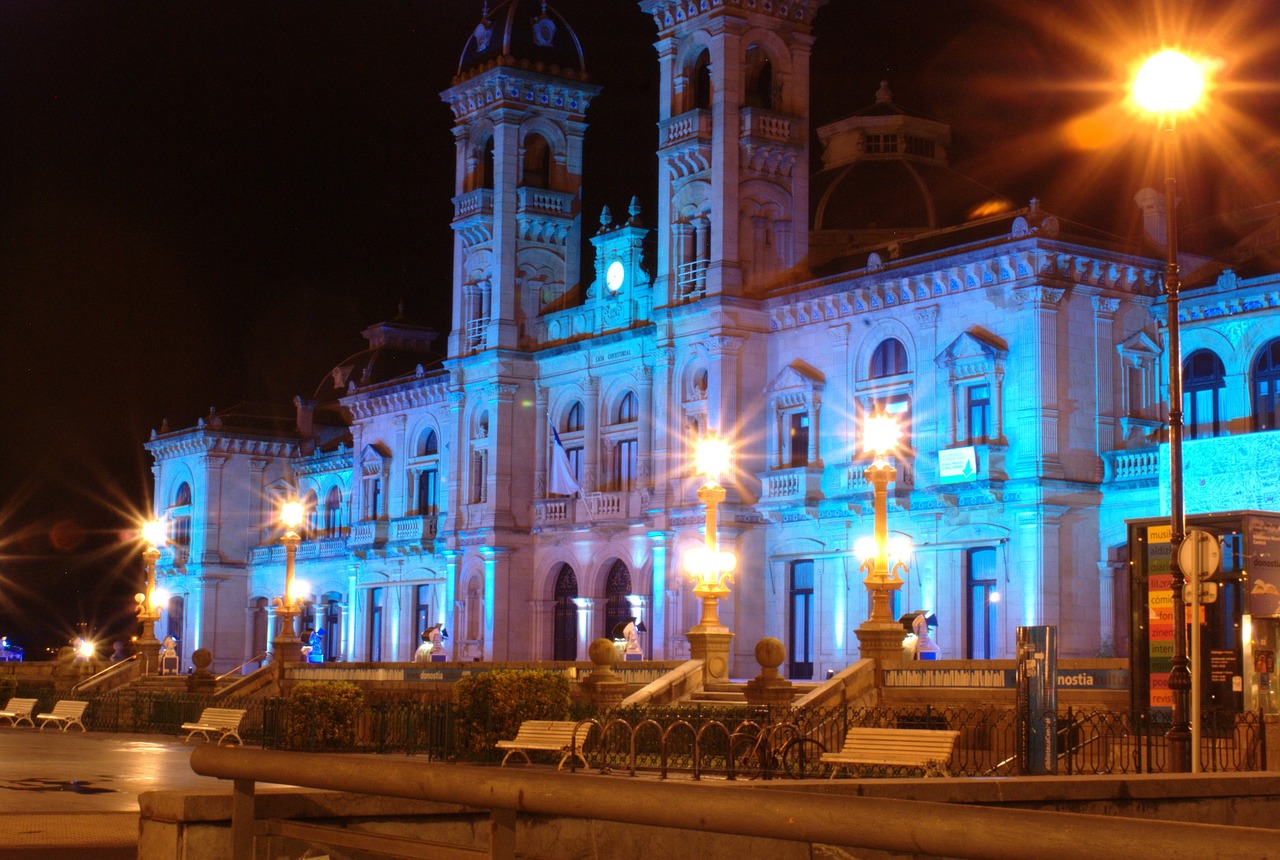

LEAVE A COMMENT:
Join the discussion! Leave a comment.